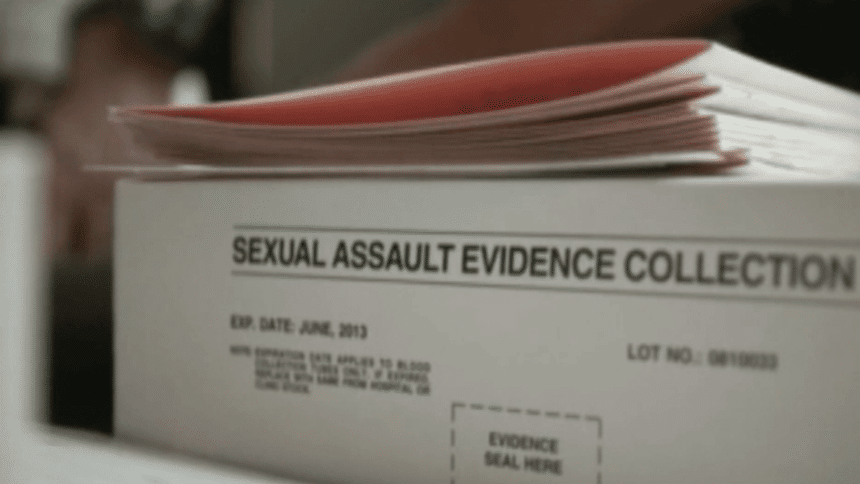Ahead of the regular legislative session adjourning sine die, Mississippi lawmakers sent a bill enhancing the rights of sexual assault victims to Gov. Tate Reeves’ desk.
Senate Bill 2211 passed out of conference with support from both chambers within the capitol. On top of mandating hospitals with emergency rooms to perform sexual assault evidence kits, or rape kits, on victims of sexual abuse, the bill outlines strict requirements for law enforcement officials to keep victims updated on their criminal cases.

Specifically, victims would have more access to information regarding their cases if law enforcement intervened. The agency investigating the alleged assault would be required to inform the victim of the location of the sexual assault evidence kit, or rape kit, and any other evidence from the victim’s case.
The victim would be able to access the status of the case more easily, as law enforcement would have a seven-day deadline to respond to any inquiries. Law enforcement would also have to give the victim a written notice if the agency plans to dispose of any crime scene evidence or the rape kit. That notice would have to be sent 60 days before the evidence is destroyed.
Under the bill, Mississippi hospitals with emergency rooms are required to have at least one qualified person available for forensic examinations of sexual assault victims, and the medical facilities would not be allowed to turn victims away when they request a rape kit.
Sandy Middleton, the executive director of the Center of Violence Prevention, raised concerns earlier in the session, saying there have been instances where hospital staff in Mississippi have informed victims that a rape kit exam would not be conducted. Now, that could change pending if the bill makes it past Reeves’ desk without veto.
“We have had multiple occasions where rape victims are told, ‘We don’t do that here,'” Middleton said.
In 2023, Mississippi had a forcible rape rate of 32.6 per 100,000 residents, below the national average of 38. In many cases, rape kits lead to the alleged offender being identified and arrested. Middleton went so far as to say that identifying these individuals via a DNA match typically leads to the offender pleading guilty in court and having to face prison time.
“If we have DNA evidence that we can take these offenders to trial — now that we have what we need at the crime lab, we will be able to process the kits, recognize and identify the offender,” Middleton said. “It just seems like a no-brainer that we need to connect those gaps and make it happen.”
If the governor enacts the legislation, it will go into effect on July 1.







